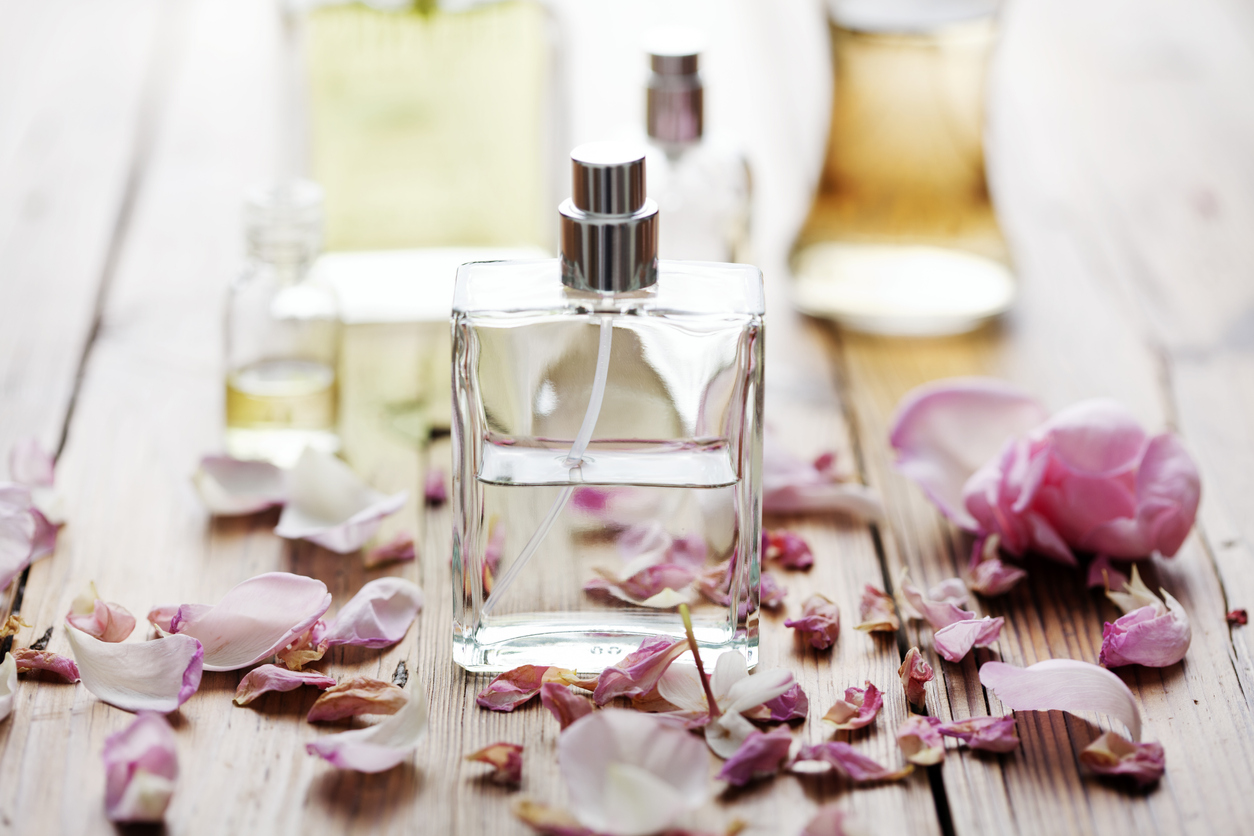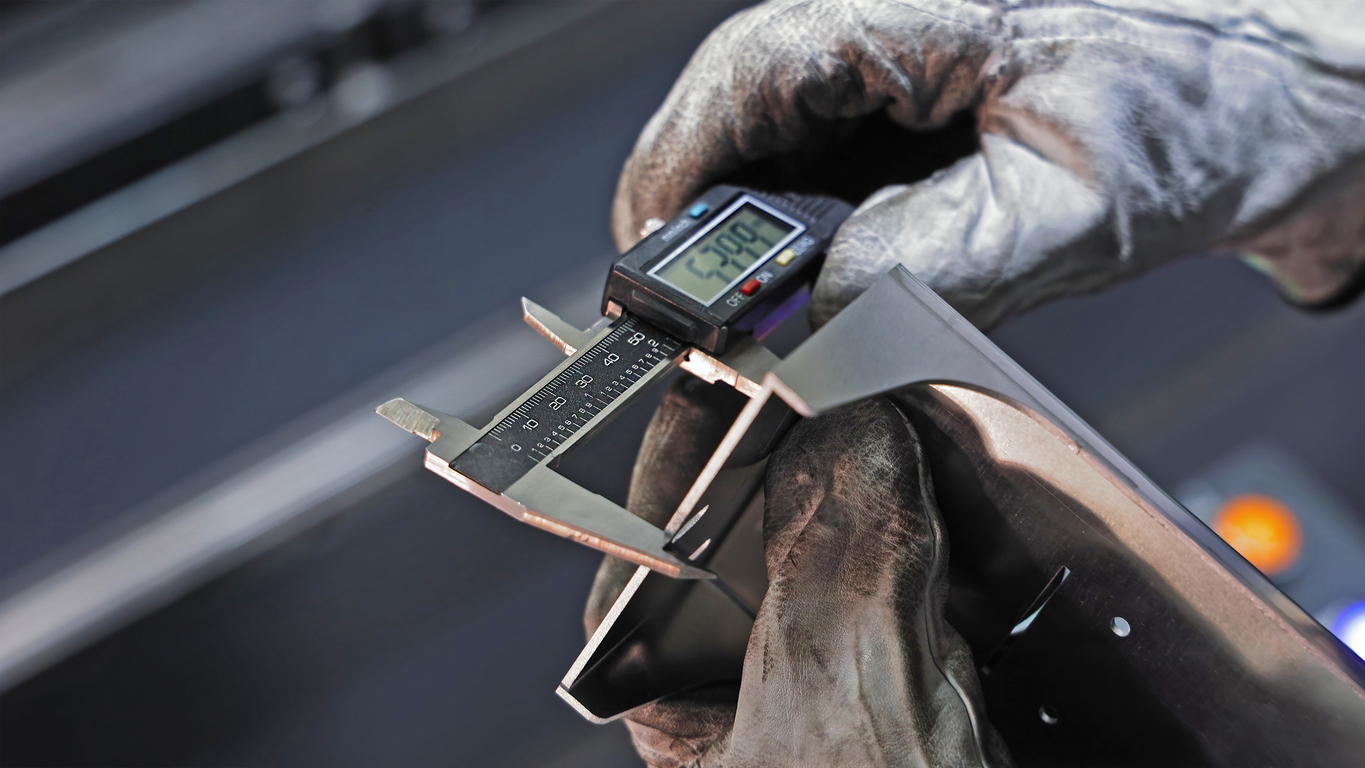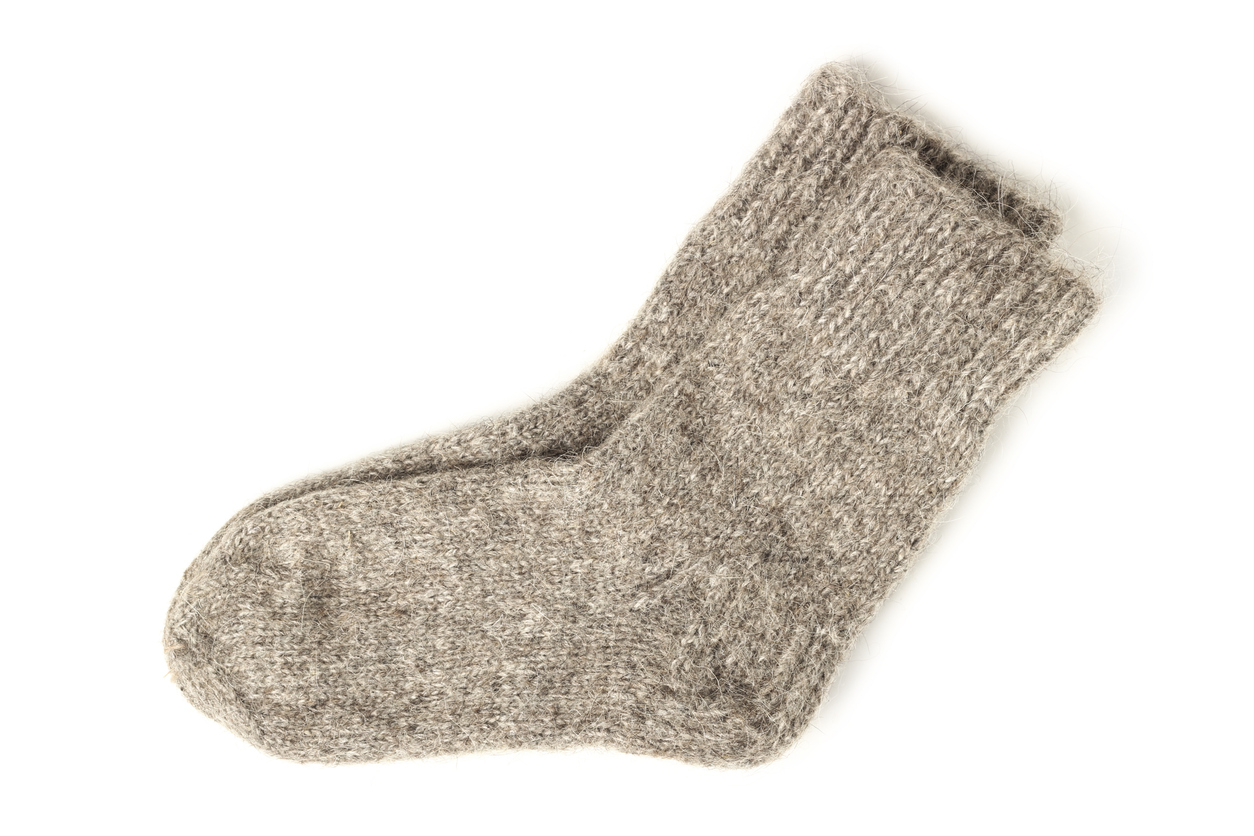How to Buy and Export Perfume Plants From Jamaica: A Step-by-Step Guide
How to Buy and Export Perfume Plants From Jamaica: A Step-by-Step Guide
If you’re looking to explore the world of fragrance and want to harvest some of the finest scents, then you should consider buying and exporting perfume plants from Jamaica. With its tropical climate and rich soil, Jamaica is home to some of the most exquisite and aromatic plants in the world. From the fragrant ylang-ylang tree to the rosemary bush, Jamaica is a great source of high-quality perfume plants that can be used to create your own signature scent. In this step-by-step guide, we’ll provide you with all the information you need to know about buying and exporting perfume plants from Jamaica. You’ll learn about the best sources to purchase plants, the different types of plants available, and the export regulations you must abide by. With the right knowledge and preparation, you’ll be able to successfully buy and export perfume plants from Jamaica to create your own unique and luxurious scent.
Understanding the Regulations
As a general rule, you cannot buy and export perfume plants from Jamaica without first securing a permit from the Ministry of Agriculture, Fisheries, and Food (MAFF). This is because many of the plants that are used to make perfume are either protected or endangered species. Before you invest in any plants, you’ll need to know what the regulations are and whether or not you have the right documentation to transport them. Some of the most commonly imported fragrance plants include ylang-ylang, jasmine, rose, and cedarwood. You can also find a wide range of other plants that are used for perfume, such as lavender, rosemary, and sage. Ylang-ylang is one of the most common plants used for perfume, and it is one of the few plants that can be exported from Jamaica without a permit. For other plants, there will be a notice on the MAFF website and in the newspapers. Some plants, such as jasmine, require you to be a member of the National Flower Council of Jamaica before you can export them. In this case, you’ll need to apply for membership before you can buy and export perfume plants from Jamaica.
Types of Perfume Plants Available
As we’ve discussed, there are many plants that are used to create fragrance. Some of these plants are listed below. – Ylang-ylang – This tropical flower is native to southeast Asia and has a distinctive sweet and floral aroma. Ylang-ylang is commonly used in the perfume industry, both alone and in combination with other scents. Ylang-ylang has been used in perfumes since ancient times, with its scent being particularly popular in Middle Eastern and Indian fragrances. – Jasmine – This extremely fragrant flower is native to tropical parts of Asia, such as India and China. Jasmine is often used in conjunction with ylang-ylang in perfumes, and it is also used in cosmetics and incense. In the perfume industry, jasmine is one of the most expensive and sought after scents, due to the amount of flowers required for each perfume. – Rose – This beautiful flower is one of the most popular and widely used perfume plants in the world. Nearly all types of perfume, from eau de cologne to eau de parfum, contain rose oil as one of their main ingredients. It is believed that rose oil has been used in perfumes since as early as the 13th century. – Cedarwood – This woody scented plant is commonly used in aromatherapy, incense, and perfumes. Cedarwood oil is extracted from the bark of the cedarwood tree and is often used as a base note in perfumes. – Sage – This aromatic herb is believed to have many medicinal and healing properties, as well as being a popular scent for perfumes. Sage is often used in colognes, eau de toilettes, eau de colognes, aftershaves, and other types of scents.
Where to Buy Perfume Plants in Jamaica
Before you buy and export perfume plants from Jamaica, you’ll need to decide where you want to source your plants from. There are many nurseries and nurseries throughout the island, and you can find a list of these plants online. One of the best things about buying perfume plants from Jamaica is that you can select the type of plant you want to grow, pick the specific aroma you’d like, and even choose the colour of the flowers. All of the plants you can buy from the nurseries in Jamaica produce the highest quality scents, which are ideal for creating your own perfume. Some of the most popular places to buy perfume plants from Jamaica include the following: – The National Flower Council of Jamaica – The National Flower Council of Jamaica is a government-run organization that is dedicated to the cultivation and promotion of flowers in Jamaica. You can find a list of nurseries that supply the council on their website. – The Jamaican Horticultural Society – The Jamaican Horticultural Society is an organization that works to promote and support horticulture in Jamaica. The society runs an online store where you can purchase many different types of plants, including perfume plants.
Preparing the Plants for Export
Before you export perfume plants from Jamaica, you must ensure the plants are prepared correctly, as the wrong handling could lead to damage and spoilage. The best way to prepare the plants is to place them in a paper bag and put them in the fridge, as this will slow down the rate of growth. Once the plants have stopped growing, which will take approximately one month, you must remove them from the fridge and allow them to dry. One of the most important things to remember when exporting perfume plants from Jamaica is that you must adhere to the Caribbean Phytosanitary Certificate (CPC). The CPC is an international standard that ensures plants are free from pests and disease, and you must have the correct paperwork before you can export them to other countries. Once the plants are free from pests and fully dried, you can put them into a box and ship them to their new home.
Documentation and Customs Requirements
Before you buy and export perfume plants from Jamaica, you must first ensure you have all the required documentation. The first thing you’ll need is a valid passport that is valid for at least six months after your travel date. You’ll also need to apply for a Jamaica Travel Authorisation (JTA). You can apply online for the JTA, and it only costs $25. You can apply for a JTA up to 90 days before your travel date. Once you have these two documents, you also need to apply for a phytosanitary certificate for exporting your plants. This certificate is issued by the government of Jamaica, and you can apply for it through the National Export Council. You can find more information and the forms you need to apply for the certificate online. Once you have the required paperwork, you can start preparing your shipment.
Transporting and Shipping the Plants
The best and most secure way to transport your plants is with a shipping company. There are various shipping companies based in Jamaica, such as Caribbean Air and Sea or Modern Logistic Solutions, that offer excellent and secure transport methods. Before you start preparing your shipment, you should find the best shipping company that offers the best rates and most secure methods of transport. You can find shipping companies online and compare rates, or you can contact a few different companies and get quotes. You can also find a shipping company that offers door-to-door delivery and transport services. Door-to-door transport means that the shipping company will pick up your shipment from your home and transport it to its final destination.
Conclusion
Perfume is a timeless and versatile product that is used by people of all ages and cultures. From natural scents to modern perfumes, there is something for everyone. If you’re looking to create your own signature scent, buying and exporting perfume plants from Jamaica is an excellent way to go. With its tropical climate and rich soil, Jamaica is home to some of the most exquisite and aromatic plants in the world. From the fragrant ylang-ylang tree to the rosemary bush, you can find many plants that can be used to create your own signature scent.








LEAVE A COMMENT
You must be logged in to post a comment.